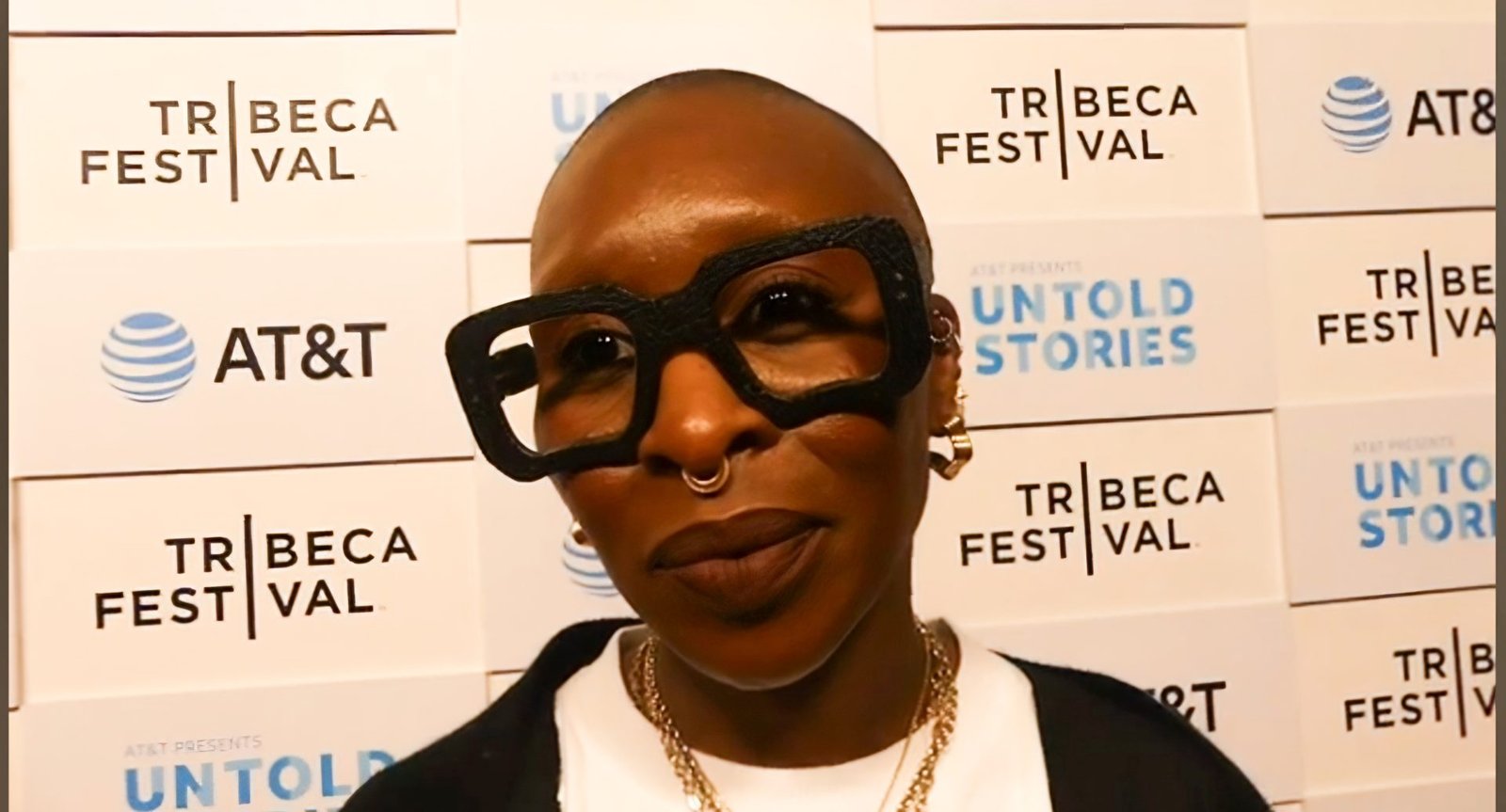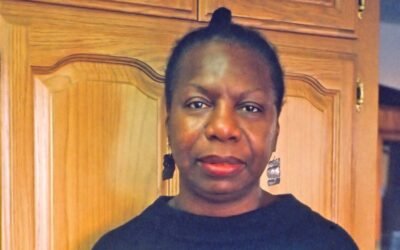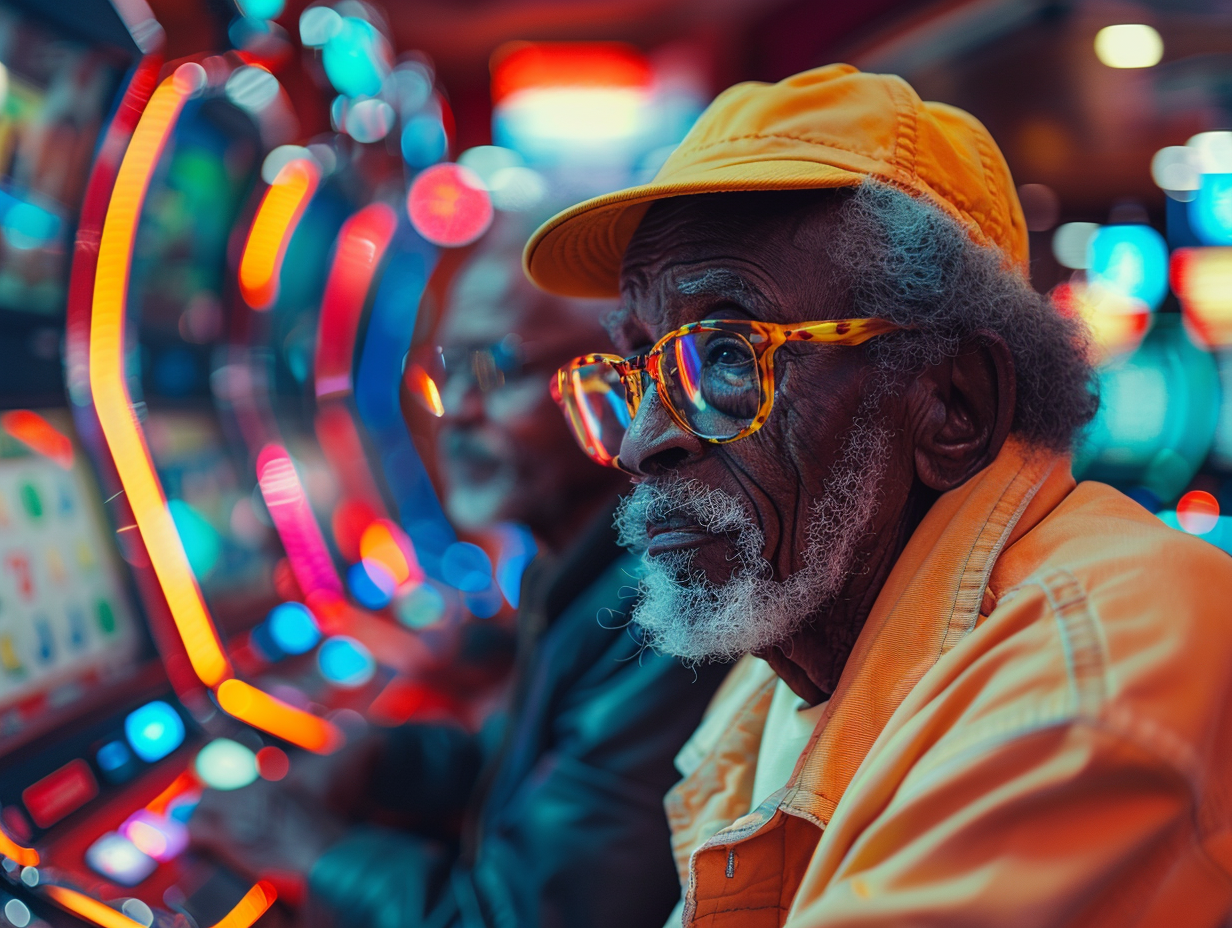How British press sidelined Cynthia Erivo in ‘Wicked’ coverage

The excitement surrounding the film adaptation of Wicked is palpable, especially with Cynthia Erivo taking on the iconic role of Elphaba alongside Ariana Grande as Glinda. However, a troubling trend has emerged in the British media’s coverage of the film, raising questions about racial bias and representation.
Media coverage: A disproportionate focus
Despite being a homegrown talent, Erivo has found herself overshadowed in promotional materials and media coverage, with many outlets favoring Ariana Grande. This has sparked outrage among fans who feel that the British press is neglecting to highlight Erivo’s significant role as the lead character, Elphaba.
Fans have taken to social media to voice their frustrations, pointing out that Erivo, who plays the emotional heart of the story, is being sidelined in favor of her co-star. This situation mirrors the narrative of Wicked itself, where Elphaba is marginalized due to her green skin, drawing uncomfortable parallels to real-world racial dynamics.
Racial bias in British media
Comments on social media have highlighted the perceived racial bias in the British press, with many users expressing disbelief that a native talent like Erivo is not receiving the recognition she deserves. One user tweeted, “Not a single sight of Cynthia Erivo on the cover of these newspapers. She literally plays the MAIN character Elphaba, and it’s so easy to find a pic of them both. I hate what white media in Britain do.” This sentiment resonates with many who feel that the media’s focus on Grande, an American artist, over Erivo is indicative of deeper systemic issues.
Erivo’s British identity and the irony of erasure
The irony of this situation is not lost on Erivo, who has expressed pride in her British identity. Yet, the media’s reluctance to showcase her in a leading role raises questions about the representation of Black talent in the U.K. Critics argue that the British press’ preference for Grande over Erivo is a clear example of racial bias, further perpetuating the erasure of Black voices in mainstream media.
Public reactions and cultural commentary
As the media rollout for Wicked continues, many fans are left feeling disappointed. The focus on the actresses’ appearances has also sparked discussions about body image and the pressures faced by women in the entertainment industry. Both Erivo and Grande have been criticized for their thin appearances, leading to speculation about unhealthy competition.
Moreover, Erivo’s recent comments regarding a fan-generated poster that seemed to erase her face while prominently featuring Grande have further fueled the conversation about representation. She described the edits as “deeply hurtful,” emphasizing the importance of visibility for all artists.
The bigger picture: A call for change
The situation surrounding Wicked is a microcosm of the broader issues facing Black artists in the U.K. The United Nations Working Group of Experts on People of African Descent has previously noted the challenges faced by Black individuals in the British media landscape. This includes a history of negative portrayals and a lack of representation.
As Erivo prepares to deliver a powerful performance as Elphaba, the hope is that her talent will shine through, despite the media’s shortcomings. Fans are calling for a shift in how Black talent is represented and celebrated in the U.K., urging the media to recognize and uplift homegrown stars like Erivo.
Celebrating diversity in media
For a story that challenges norms and uplifts the marginalized, the media’s treatment of Wicked serves as a reminder of the work that still needs to be done. As audiences flock to watch the film, the hope is that it will not only entertain but also spark important conversations about representation, bias and the need for change in the media landscape.










